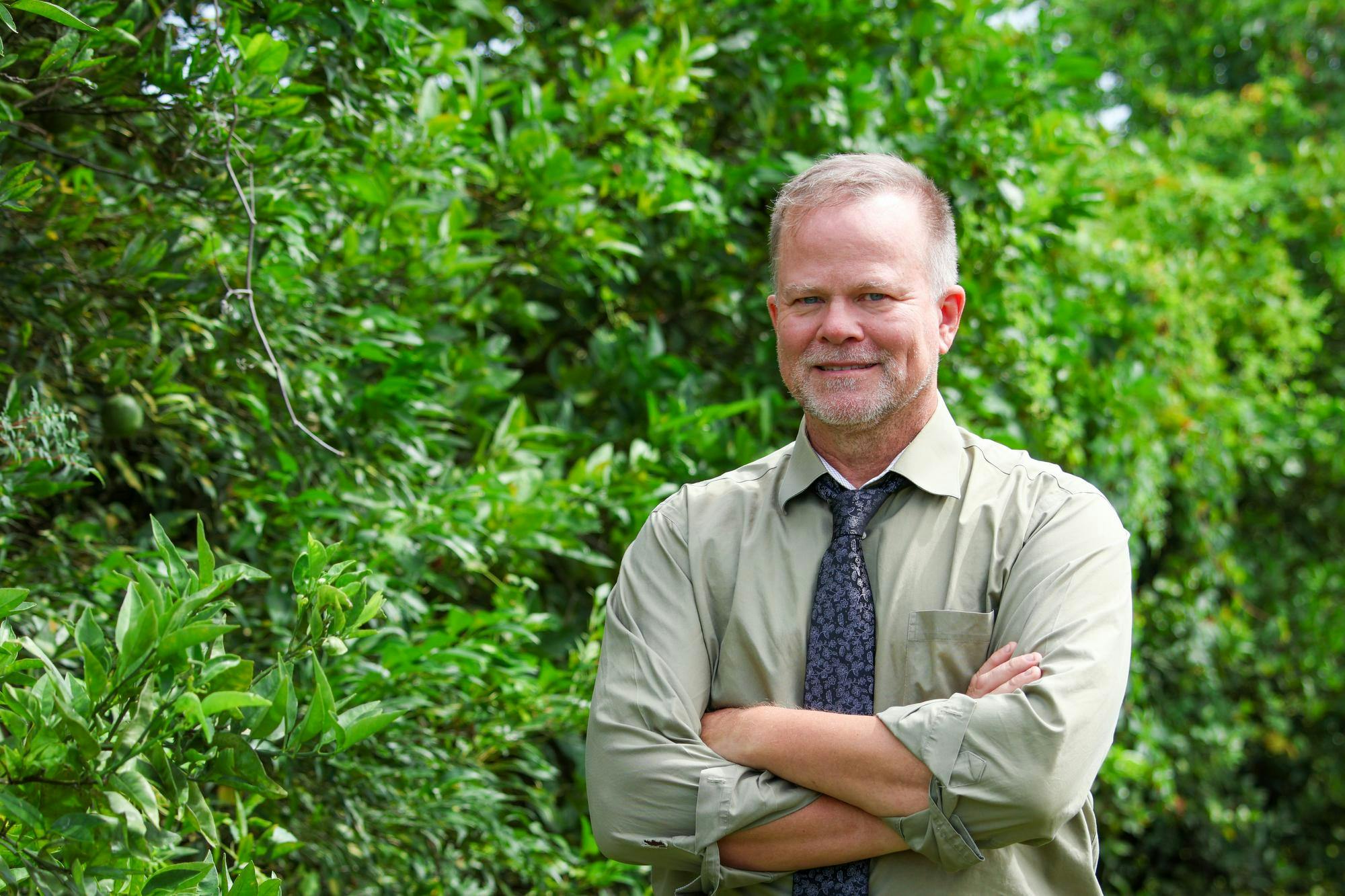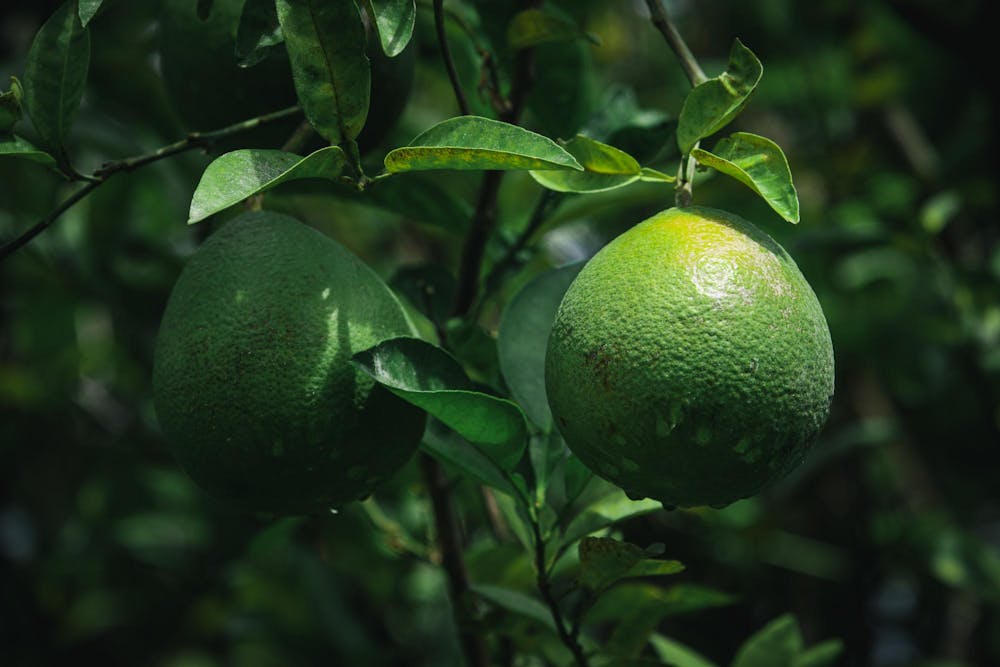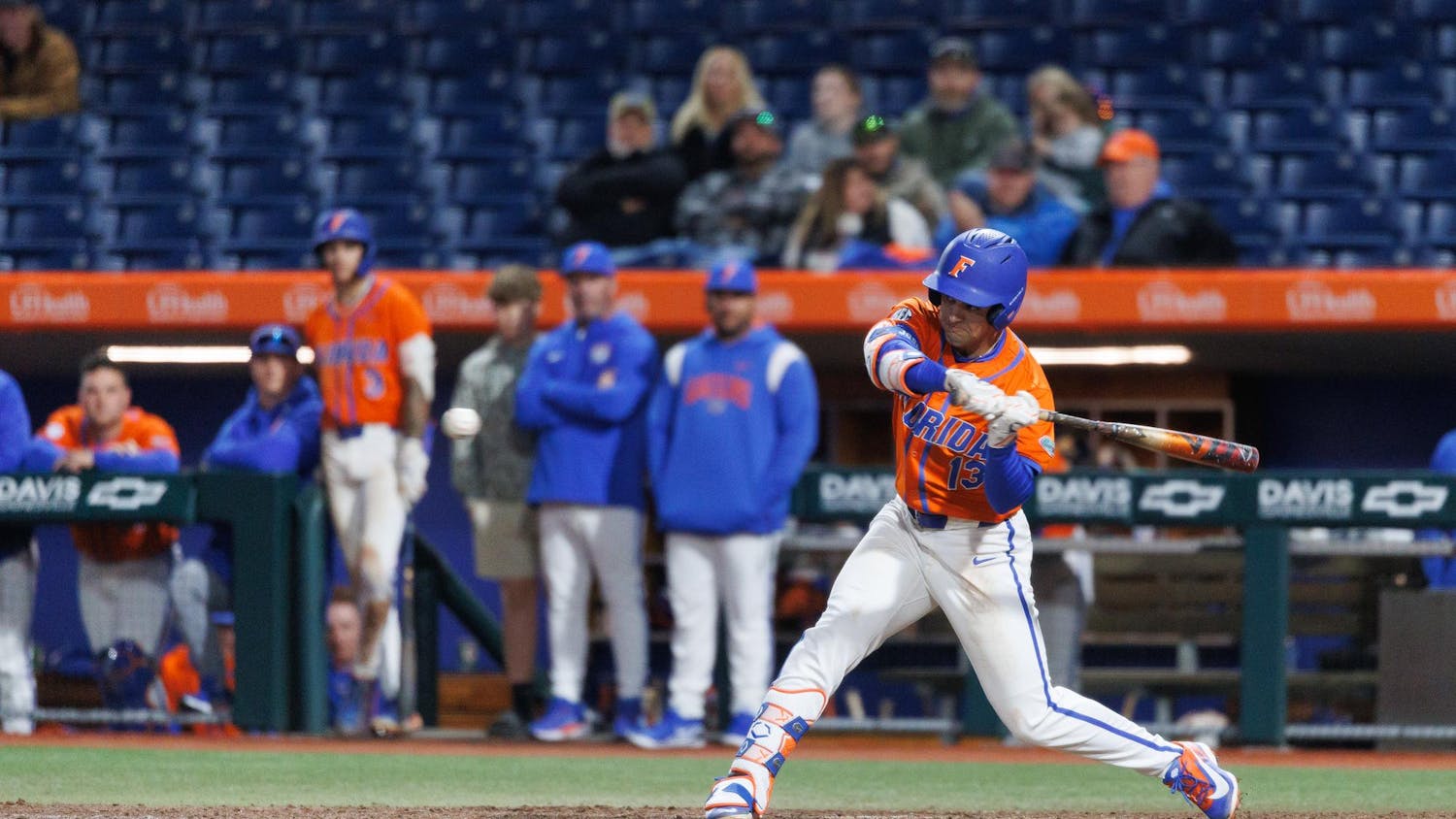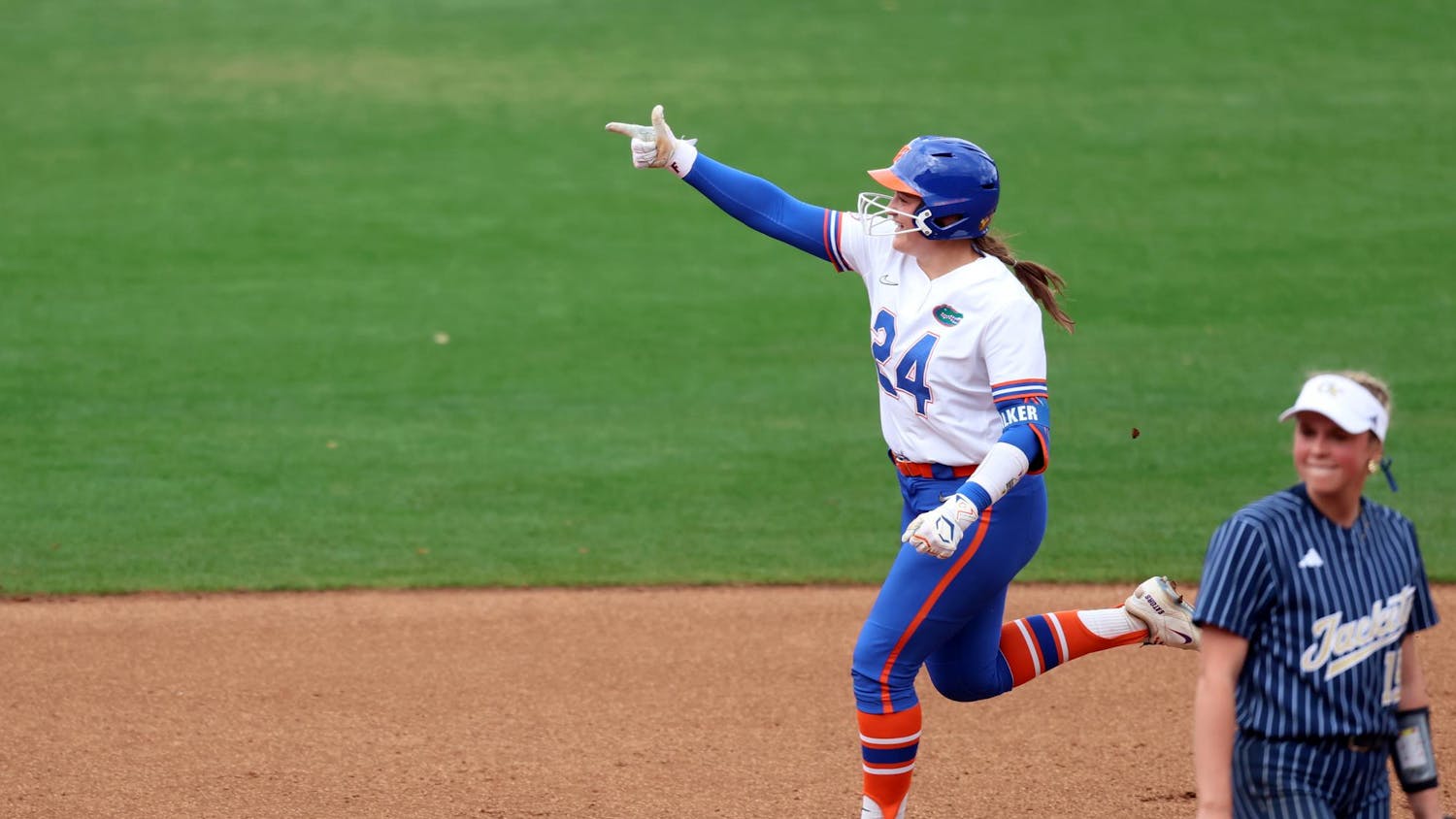Oranges — one of Florida’s most iconic symbols — have suffered a major decline in production since the 1980s, when a large freeze event heavily damaged the citrus industry. But one UF graduate student is looking to revive the state’s orange trees, and the industry along with them.
Nazneen Qureshi, a graduate research assistant in horticultural sciences, is researching how photoperiod — the amount of light a plant receives each day — can help citrus fruits tolerate cold weather, currently an “unprecedented territory,” she said.
Citrus plants are usually defenseless in cold weather, according to UF’s Institute of Food and Agricultural Sciences, and they’re unable to survive extended periods of time below 28 degrees Fahrenheit.
Amid recent harsher winters, the state’s citrus industry is under threat. On Jan. 21, the weather in Pensacola broke records for Florida’s snowiest day since 1895, according to the National Weather Service. It dropped to 13 degrees Fahrenheit.
Breeding cold resistance
Qureshi’s research, done alongside UF horticultural science professor Muhummad Adnan Shahid, looks at whether the amount of light a plant receives influences its cold tolerance.
Qureshi and Shahid will be stationed in Quincy, Florida, with a research team for the next two years, testing whether photoperiod helps citrus fruits survive in cold temperatures.
The research's results will be useful to citrus growers and UF/IFAS’s citrus breeding program, Shadid said, so they can produce cold-resistent varieties of the fruit.
Research into freeze tolerance among citrus crops remains limited, Qureshi said. It’s important to know what factors boost this endurance so citrus breeders can create crop varieties that are tolerant to cooler temperatures, she added.
“Right now, farmers are having very major losses because of freeze events, which are not very common,” she said. “We had seven inches of snow recently in January. So in order to develop freeze tolerant varieties, we need this fundamental research.”
Freeze impacts
Kevin Folta, a UF horticultural sciences professor who specializes in fruit physiology, has grown citrus crops for 10 years. As both a fruit science expert and co-founder of Eggsotics, a family farm that grows varieties of citrus trees, he has seen and experienced how weather changes impact citrus crops.
Folta said his wife, a specialty citrus grower, produces oranges, lemons and finger limes, and they sell their fruits at farmers markets and through restaurants. Their farm in Archer has 18 acres of citrus trees and greenhouses holding about 60 trees.
Folta has seen his crops suffer from freeze events, most recently earlier this year. They experienced nights at 20 to 24 degrees Fahrenheit, he said, and several trees did not survive.
“The first 24-degree night was the night my son was born, and I couldn't be there to protect the trees, so we lost quite a few young trees because of the freeze,” he said. “Older trees lost early fruit.”

This year has been a weak year for fruit, he said. Folta estimated his farm lost up to $2,000 in trees because of the freeze.
When weather cools down slowly, Folta said, citrus plants can acclimate to the changes effectively. But sudden cold snaps don’t give citrus plants as much time to adjust, resulting in damaged crops. It’s impossible to protect a large amount of trees during cold periods, Folta said.
“You can’t possibly protect massive acreage,” he said.
Folta said he tried to rebuild what was lost, but a few years of production were squandered from just a few days of 20-degree weather.
The industry is under a lot of pressure because of freeze events and low funding, he said. Citrus is an important crop, he said, and there needs to be more money in citrus research.
Florida has a special connection to citrus, he said, and it's critical for UF and the research community to do what it can to expand citrus production.
“Citrus is an iconic Florida fruit,” he said. “It’s on our license plates, and it's something that goes hand in hand with Florida.”
For Martha Burke, the owner of Camellia Groves in Winter Haven, the citrus industry is a lifestyle. She said her grandfather started the citrus farm 100 years ago, laying the foundation for Burke’s family to grow and sell lemons.
Burke said she can only grow citrus as far up north as they are in Central Florida, about an hour east of Tampa, because the weather is hot during the winter, which is ideal for her lemon trees.
She said she worries about climate change and its effects on her farm. The scientific community’s support is a big deal, Burke said. Citrus research is vital to the wellness of the crops of many farms like her own, she said.
“I believe that citrus research is the only thing that's going to save the citrus industry,” she said.
Contact Angelique Rodriguez at arodriguez@alligator.org. Follow her on X @angeliquesrod.

Angelique is a first-year journalism major and the Fall 2025 graduate school reporter. In her free time, she'll probably be reading, writing, hanging out with her friends or looking through the newest fashion runway shows on Vogue.






